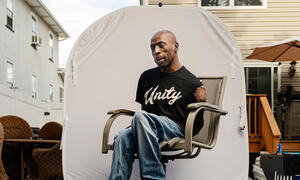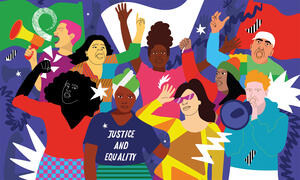Demand Education Justice
Every child in the United States has a right to an equitable (fair and just) public education. With education currently under assault from the current administration, we all have a responsibility to advocate for inclusive public schools in which all children are supported.
- Advocating for Public Education
- Issue 6, Fall 2024
- Advocating for Teaching Honest History: What Educators Can Do

